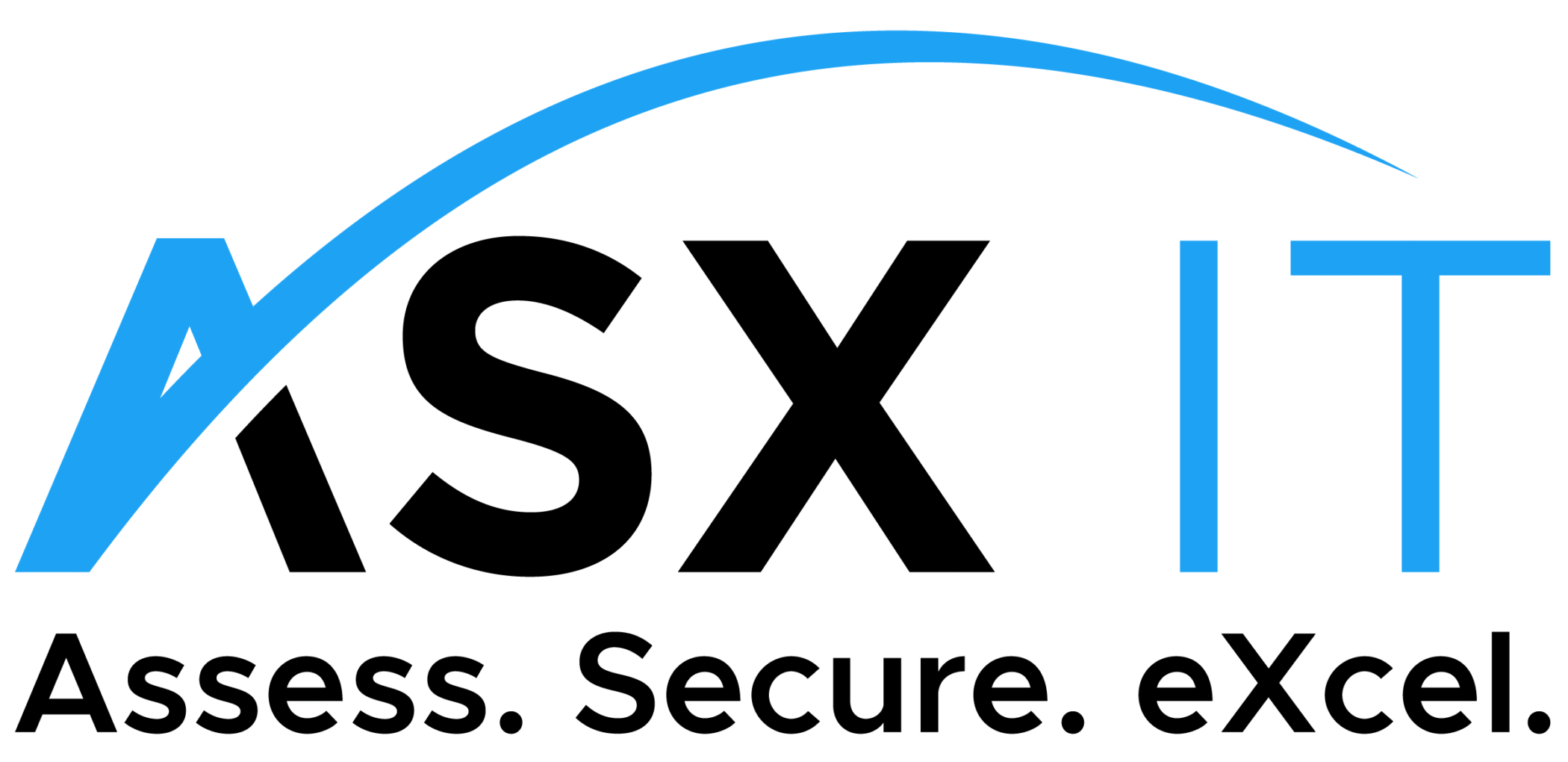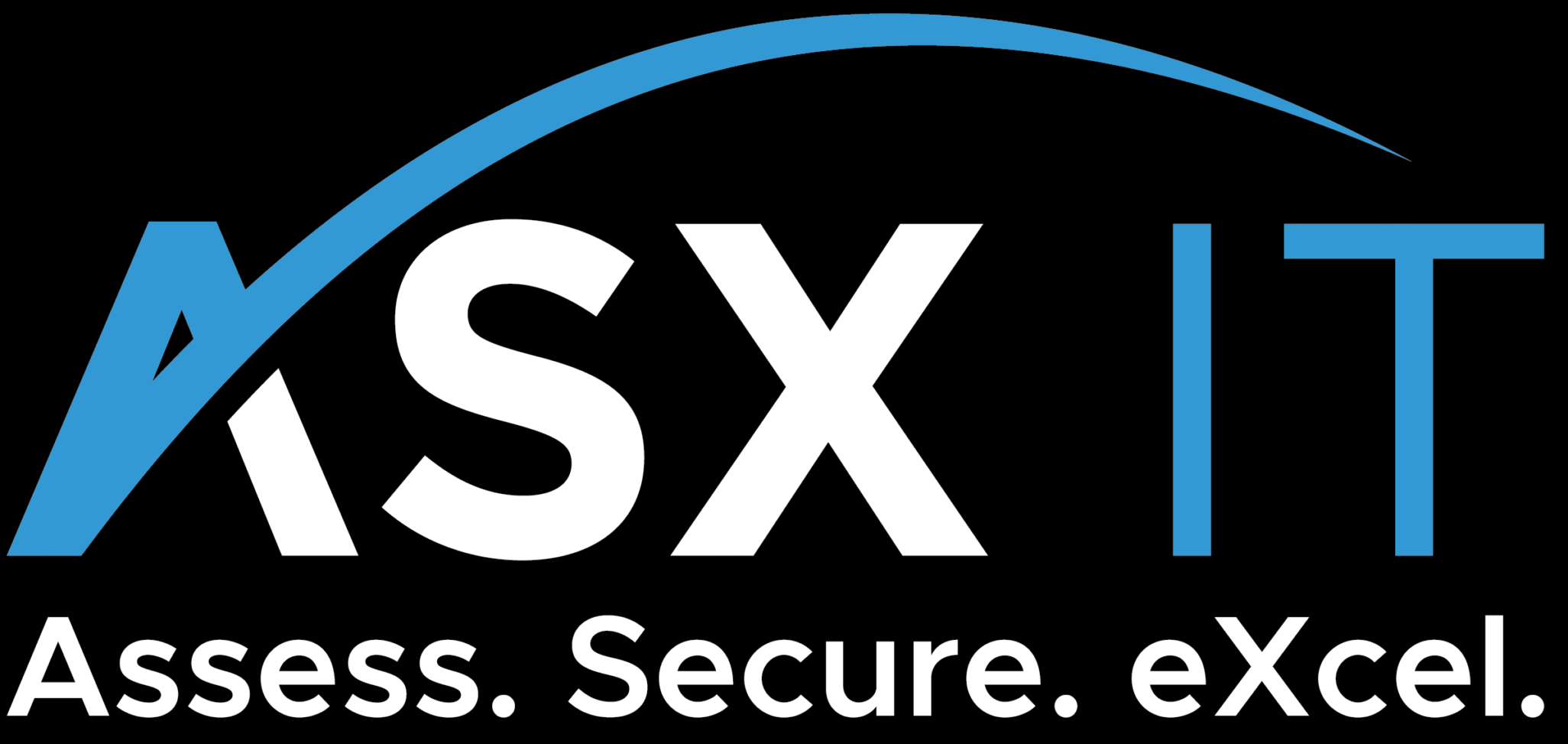HIPAA compliance Texas medical practices must maintain isn’t just a regulatory checkbox—it’s a critical business requirement that protects patient trust, practice reputation, and financial stability. Yet many Dallas-Fort Worth healthcare providers underestimate the true cost of HIPAA violations until they face enforcement action.
After helping dozens of Texas medical practices implement HIPAA compliance Texas healthcare regulations require, we’ve witnessed the financial and operational devastation that violations create. Understanding these costs helps healthcare providers prioritize proper security measures and compliance programs before problems occur.
Financial Penalties: The Obvious Cost
The Department of Health and Human Services Office for Civil Rights enforces HIPAA compliance Texas healthcare organizations must follow. Financial penalties vary significantly based on violation severity and whether the practice demonstrates willful neglect.
HIPAA Violation Penalty Tiers:
Tier 1: Unknowing Violations Minimum fine of $100 per violation, maximum annual penalty of $25,000 per violation type. These apply when practices didn’t know and couldn’t reasonably have known about the violation through reasonable diligence.
Tier 2: Reasonable Cause Minimum fine of $1,000 per violation, maximum annual penalty of $100,000. This tier covers violations that couldn’t have been avoided even with reasonable diligence, but don’t involve willful neglect.
Tier 3: Willful Neglect – Corrected Minimum fine of $10,000 per violation, maximum annual penalty of $250,000. Applied when HIPAA compliance Texas standards were violated through conscious disregard, but the practice corrected the violation within 30 days.
Tier 4: Willful Neglect – Not Corrected Minimum fine of $50,000 per violation, maximum annual penalty of $1.5 million. The most severe penalties apply when practices knowingly violated HIPAA compliance Texas requirements and failed to correct violations promptly.
Notable Texas HIPAA Settlements:
The University of Texas MD Anderson Cancer Center paid $4.3 million to settle multiple HIPAA violations involving unencrypted electronic protected health information on lost or stolen devices. This case illustrates how seemingly simple security oversights create massive financial consequences.
Data Breach Notification Costs
When HIPAA compliance Texas medical practices should maintain fails and patient data is exposed, notification requirements create substantial costs beyond regulatory fines.
Required Notifications Include:
Individual patient notifications via first-class mail detailing what information was compromised, steps the practice is taking, and resources available to affected patients. For breaches affecting 500 or more individuals, practices must also notify prominent media outlets serving the area.
Associated Costs:
Professional breach notification services typically charge $5-15 per affected individual for notification letters, call center support, and identity monitoring services. A breach affecting 1,000 patients could cost $10,000-15,000 in notification expenses alone.
Many Texas medical practices offer credit monitoring services to affected patients as a goodwill gesture and liability protection measure. These services cost $15-30 per patient annually, adding thousands to breach response costs.
Legal Defense and Settlement Expenses
HIPAA violations frequently trigger lawsuits from affected patients seeking damages for identity theft, emotional distress, or other harm resulting from exposed health information. HIPAA compliance Texas healthcare providers maintain should prevent these situations, but failures create significant legal exposure.
Legal Defense Costs:
Healthcare attorneys specializing in HIPAA compliance Texas cases charge $300-600 per hour. Defending against patient lawsuits typically requires 100-300 hours of legal work for depositions, discovery, motions, and trial preparation.
Even successful defenses cost $30,000-100,000 in legal fees. Settlements to avoid litigation often exceed legal defense costs, with individual patient settlements ranging from $5,000-50,000 depending on harm severity and information exposed.
Reputation Damage and Patient Loss
The most devastating long-term cost of HIPAA violations isn’t the immediate financial penalty—it’s the erosion of patient trust that drives revenue decline. HIPAA compliance Texas medical practices maintain demonstrates commitment to patient privacy that builds loyalty and referrals.
Patient Behavior After Breaches:
Research indicates 25-40% of patients affected by healthcare data breaches consider changing providers. In competitive Dallas-Fort Worth healthcare markets, this patient exodus creates revenue losses far exceeding regulatory fines.
A 100-patient practice losing 30 patients after a HIPAA violation experiences approximately $150,000-300,000 in annual revenue loss, assuming $5,000-10,000 in annual revenue per patient. These losses compound over years as former patients’ lifetime value and referral potential disappears.
Online Reputation Impact:
HIPAA violations become public record through HHS breach notification databases and media coverage. Negative online reviews mentioning security problems or privacy violations damage practice reputation for years, affecting new patient acquisition rates.
Operational Disruption Costs
Responding to HIPAA violations diverts staff attention from patient care and normal operations. The administrative burden of breach response, regulatory cooperation, and corrective action implementation creates significant hidden costs.
Staff Time Requirements:
Practices experiencing HIPAA violations typically dedicate 200-500 staff hours to breach response activities including investigation, documentation, notification coordination, and regulatory communication. At average healthcare administrative wages of $25-40 per hour, this represents $5,000-20,000 in diverted labor costs.
System Remediation:
Correcting security vulnerabilities that enabled HIPAA violations requires technology investments and implementation time. Practices may need to deploy encryption, access controls, audit logging, or entire system replacements costing $10,000-100,000+ depending on infrastructure gaps.
Insurance Premium Increases
Cyber liability insurance helps medical practices manage HIPAA violation financial risks, but claims trigger substantial premium increases that persist for years. HIPAA compliance Texas standards help practices maintain favorable insurance rates by demonstrating risk management commitment.
Premium Impact:
Medical practices experiencing data breaches typically see cyber liability insurance premiums increase 25-100% at renewal. A practice paying $5,000 annually might face $7,500-10,000 premiums after a breach, creating $2,500-5,000 in additional annual costs.
These increased premiums typically persist for 3-5 years, creating $7,500-25,000 in cumulative additional insurance costs beyond immediate breach response expenses.
Regulatory Audit and Monitoring Costs
After HIPAA violations, practices often face corrective action plans requiring regular reporting to HHS Office for Civil Rights. These ongoing compliance monitoring requirements create administrative burdens and consulting costs. Proper HIPAA compliance Texas medical practices maintain from the start avoids these extended regulatory entanglements.
Monitoring Requirements:
Corrective action plans typically span 1-3 years and require quarterly or annual compliance reports documenting security measures, training completion, and policy implementation. Preparing these reports requires significant staff time or external compliance consulting.
Consulting Expenses:
Many practices engage HIPAA compliance consultants to ensure corrective action plan requirements are properly addressed. These consultants charge $150-300 per hour, with corrective action plan implementation typically requiring 50-150 hours of consulting support costing $7,500-45,000.
Prevention Versus Response Cost Comparison
The combined costs of HIPAA violations—fines, notification expenses, legal fees, reputation damage, operational disruption, insurance increases, and regulatory monitoring—frequently exceed $100,000 for small practices and millions for larger healthcare organizations.
Proactive HIPAA Compliance Investment:
Comprehensive HIPAA compliance Texas programs including risk assessments, security implementations, staff training, and ongoing monitoring typically cost $5,000-20,000 annually for small to medium practices. This represents a fraction of post-violation costs while providing continuous protection.
Professional IT services specializing in healthcare provide HIPAA compliance Texas medical practices require through managed security services, encrypted communication systems, secure backup solutions, and regular compliance assessments. These services help practices avoid the devastating costs of violations while maintaining operational efficiency.
Common HIPAA Violation Scenarios in Texas Medical Practices
Understanding how violations occur helps Dallas-Fort Worth healthcare providers identify and address vulnerabilities before they create problems. HIPAA compliance Texas standards address these common scenarios through specific security requirements.
Unencrypted Devices:
Lost or stolen laptops, tablets, or smartphones containing unencrypted patient data remain the most common HIPAA violation scenario. Mobile device encryption, remote wipe capabilities, and access controls prevent these incidents.
Unauthorized Access:
Employees accessing patient records without legitimate treatment or operational reasons violates HIPAA privacy rules. Proper access controls, audit logging, and staff training prevent unauthorized access incidents.
Improper Disposal:
Paper records thrown in regular trash or electronic devices donated without proper data destruction create HIPAA violations. Secure shredding services for paper and certified data destruction for electronic media ensure proper disposal.
Insufficient Training:
Staff unaware of HIPAA requirements inadvertently create violations through improper handling of patient information. Regular training programs ensure all employees understand their HIPAA compliance Texas responsibilities.
Building Comprehensive HIPAA Compliance Programs
Effective HIPAA compliance Texas medical practices need requires systematic approaches addressing technical safeguards, administrative policies, and physical security. Professional guidance helps practices implement comprehensive programs efficiently.
Essential Program Components:
Regular security risk assessments identifying vulnerabilities in systems, processes, and physical facilities. These assessments guide priority-based security improvements addressing the most significant risks first.
Written policies and procedures documenting how the practice meets HIPAA compliance Texas requirements for privacy, security, and breach notification. These policies provide staff guidance and demonstrate regulatory compliance.
Comprehensive staff training ensuring all employees understand HIPAA requirements, recognize security threats, and know proper procedures for handling protected health information.
Business associate agreements with all vendors accessing patient data, ensuring these partners maintain HIPAA compliance Texas standards require and accept liability for their security practices.
Technical security measures including encryption, access controls, audit logging, and secure backup systems protecting electronic patient data from unauthorized access, loss, or destruction.
Next Steps for Texas Medical Practices
Dallas-Fort Worth healthcare providers should evaluate their current HIPAA compliance Texas programs honestly, identifying gaps that create violation risks and financial exposure. The costs of proper compliance represent valuable insurance against the far greater expenses of violations.
Professional IT services specializing in healthcare help Texas medical practices implement and maintain comprehensive HIPAA compliance Texas programs. These services provide security expertise, ongoing monitoring, and regulatory guidance that ensures continuous compliance while allowing practice staff to focus on patient care.
Don’t wait for a violation to discover the true cost of inadequate HIPAA compliance Texas medical practices must maintain. Proactive security measures and professional guidance protect your practice, your patients, and your reputation.
Ready to strengthen your HIPAA compliance program? Contact ASX IT at (817) 310-8558 or sales@asx-it.com for a complimentary HIPAA security assessment. Our team helps Dallas-Fort Worth medical practices implement comprehensive compliance solutions that protect patient data and practice viability.





